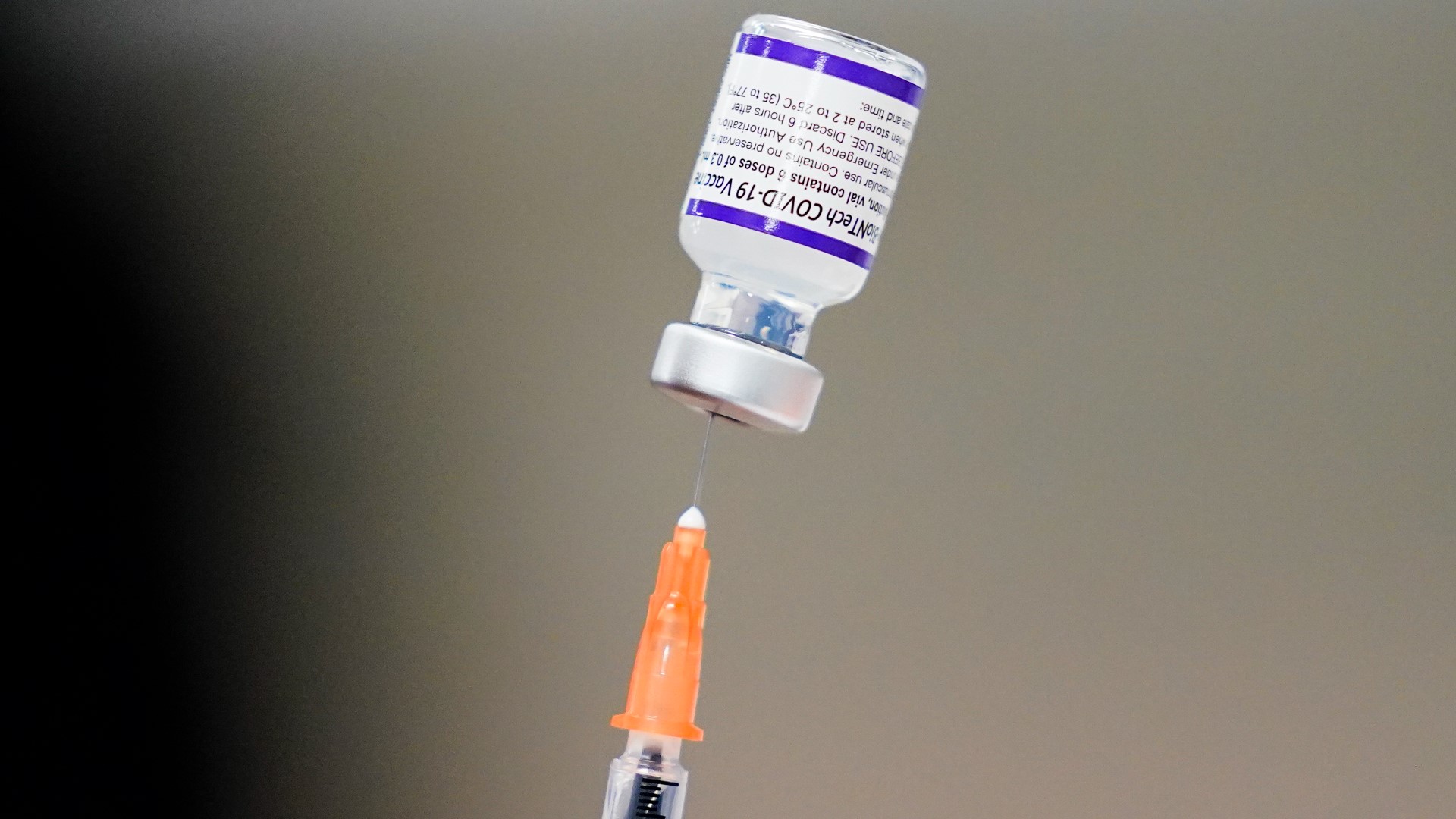INDIANAPOLIS — A Food and Drug Administration advisory panel will meet Wednesday to discuss the future of COVID-19 booster shots.
Just last week, the FDA authorized a second booster shot of the Pfizer or Moderna COVID-19 vaccines for those age 50 and older and certain immunocompromised people.
"It keeps on changing, as we've noticed, with multiple mutations and variants over the past few years. But what we also need to look at is – how effective are we as an immune system to battle it?" said Dr. Ram Yeleti, chief physician executive at Community Health Network.
When COVID-19 vaccines were introduced, health experts thought two doses of the Pfizer-BioNTech or Moderna vaccines, or the single dose Johnson & Johnson, would be enough.
New variants then emerged and continue to emerge, which changed the game.
“As we prepare for future needs to address COVID-19, prevention in the form of vaccines remains our best defense against the disease and any potentially severe consequences,” said Peter Marks, M.D., Ph.D., director of the FDA’s Center for Biologics Evaluation and Research.
Yeleti said those who are immunocompromised or older than 75 should get as many boosters as is recommended.
"Right now, it's way too early, but it is certain you will need periodic booster shots. Obviously, the question is how many boosters per year? Is one enough, or do you need two or three per year? In part, that's going to depend on the number of mutations that occur. It is reasonable to assume that just one, maybe two is all you're going to need for the average person," Yeleti said.
Yeleti said those considered low-risk should do well with one annual booster shot.
"Again, the reason for getting the shot is not to prevent you from getting COVID, but to prevent hospitalization," Yeleti said.
Health experts say the key to managing COVID-19 in the future is by being safe and getting vaccinated.
"So, if you get the shots and do reasonable things, it's OK to get back to normal living. I think we're closer day by day to that, especially for the lower-risk people," Yeleti said.

